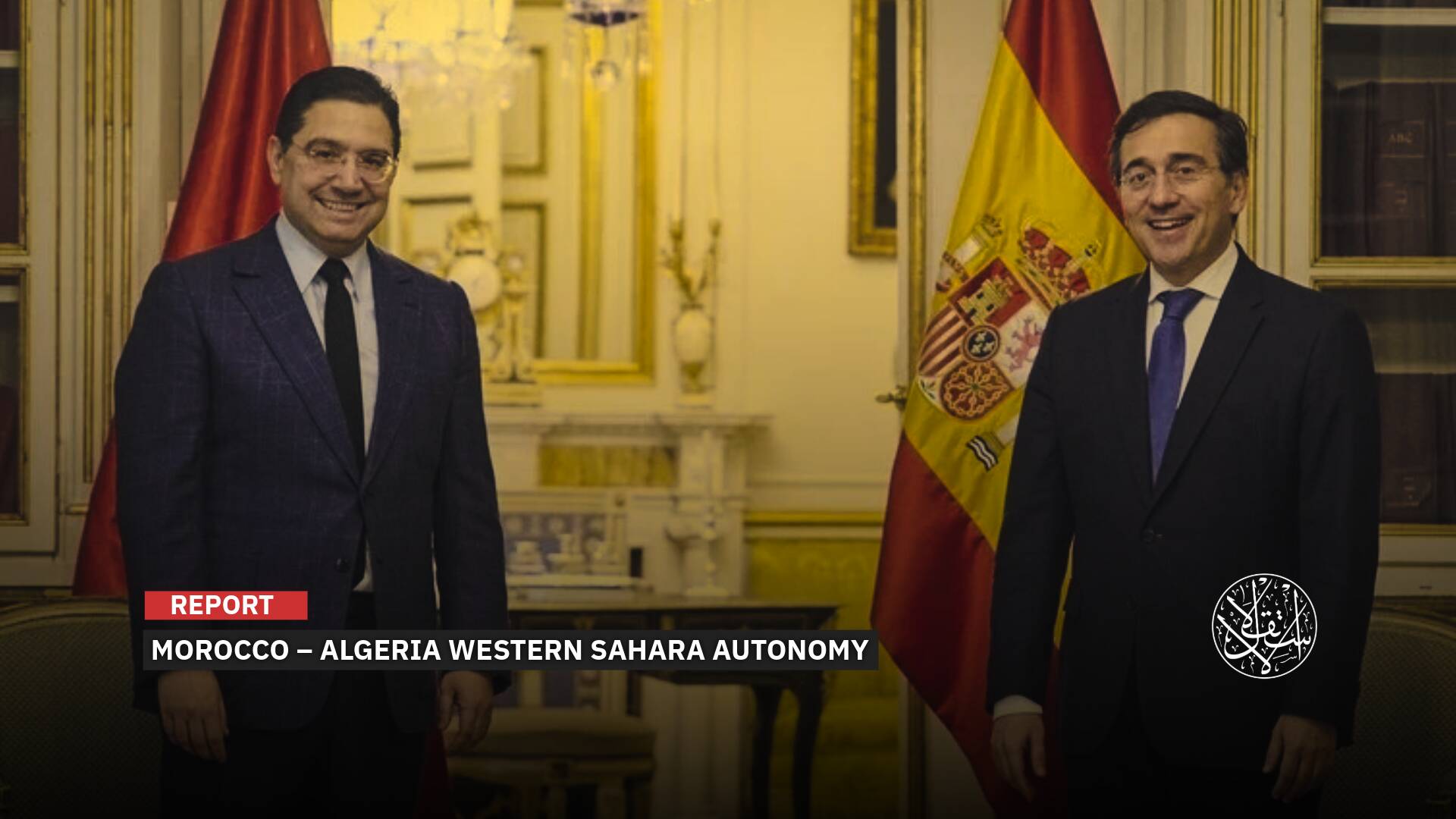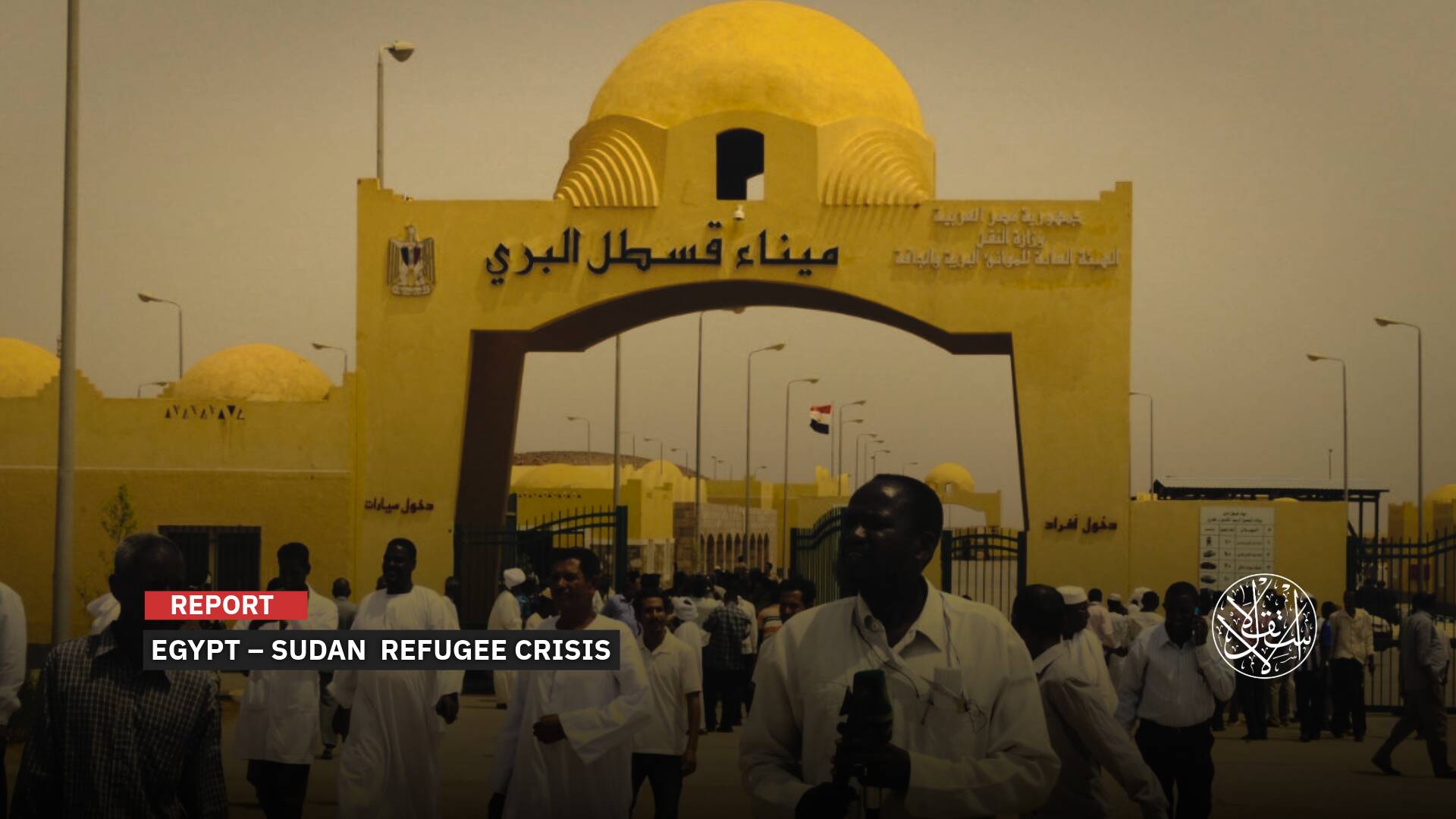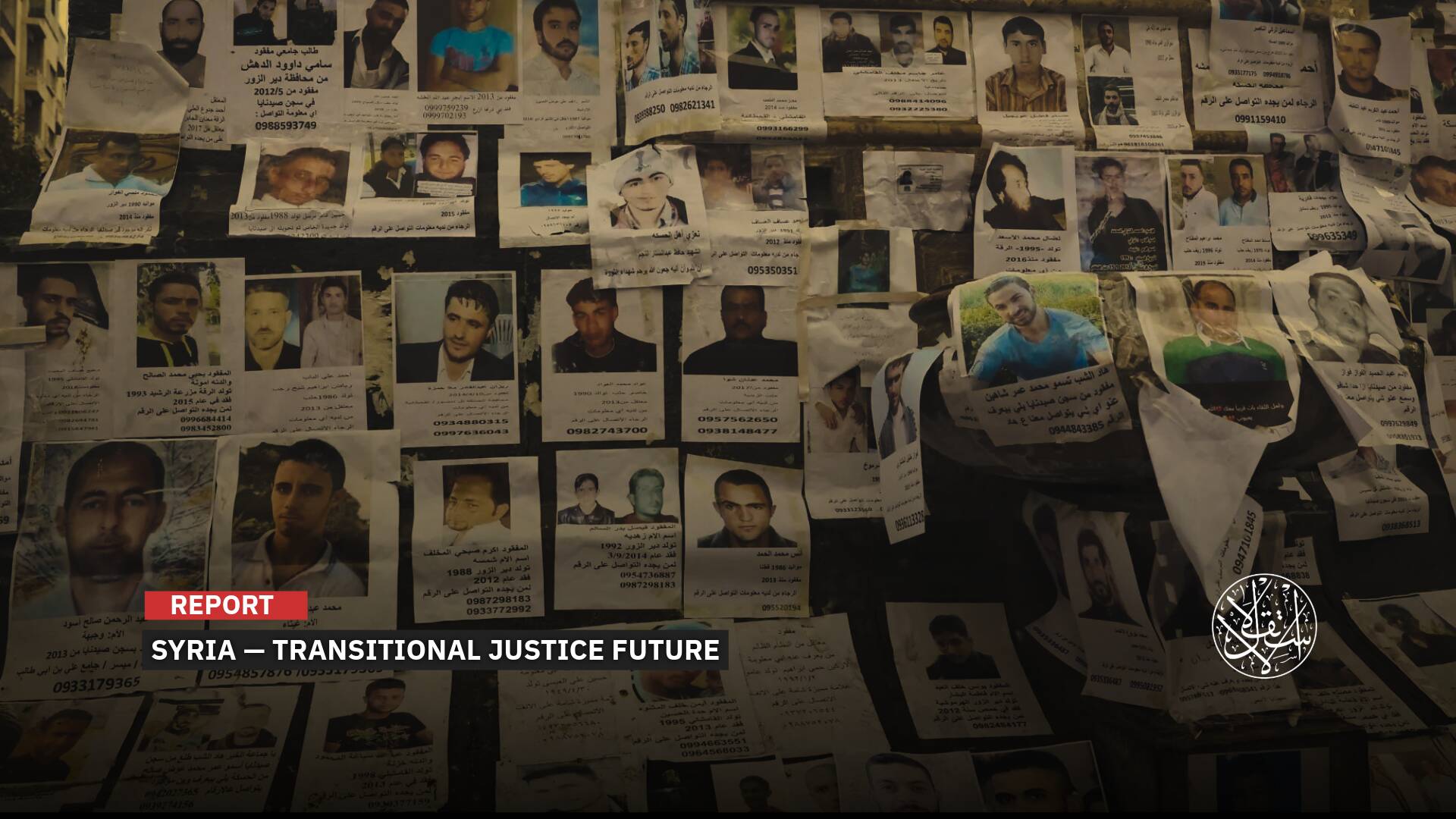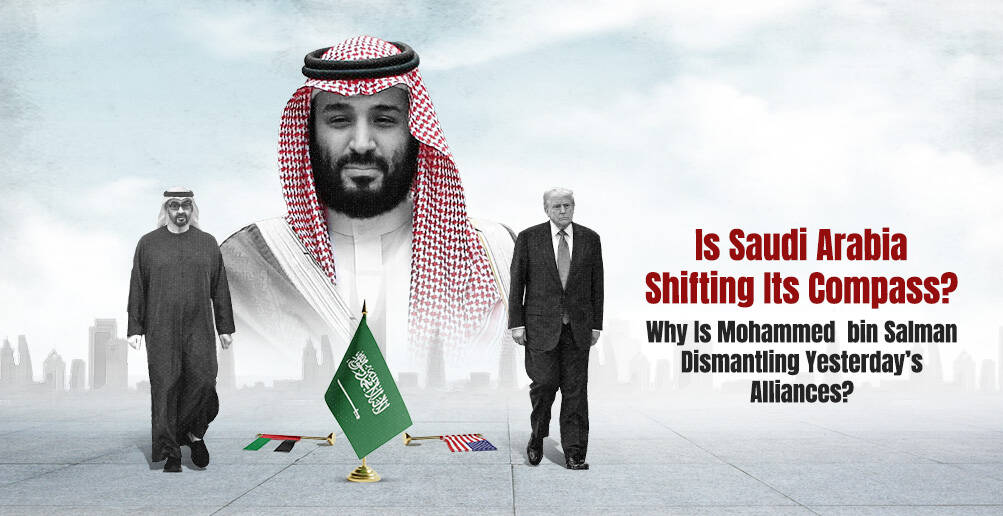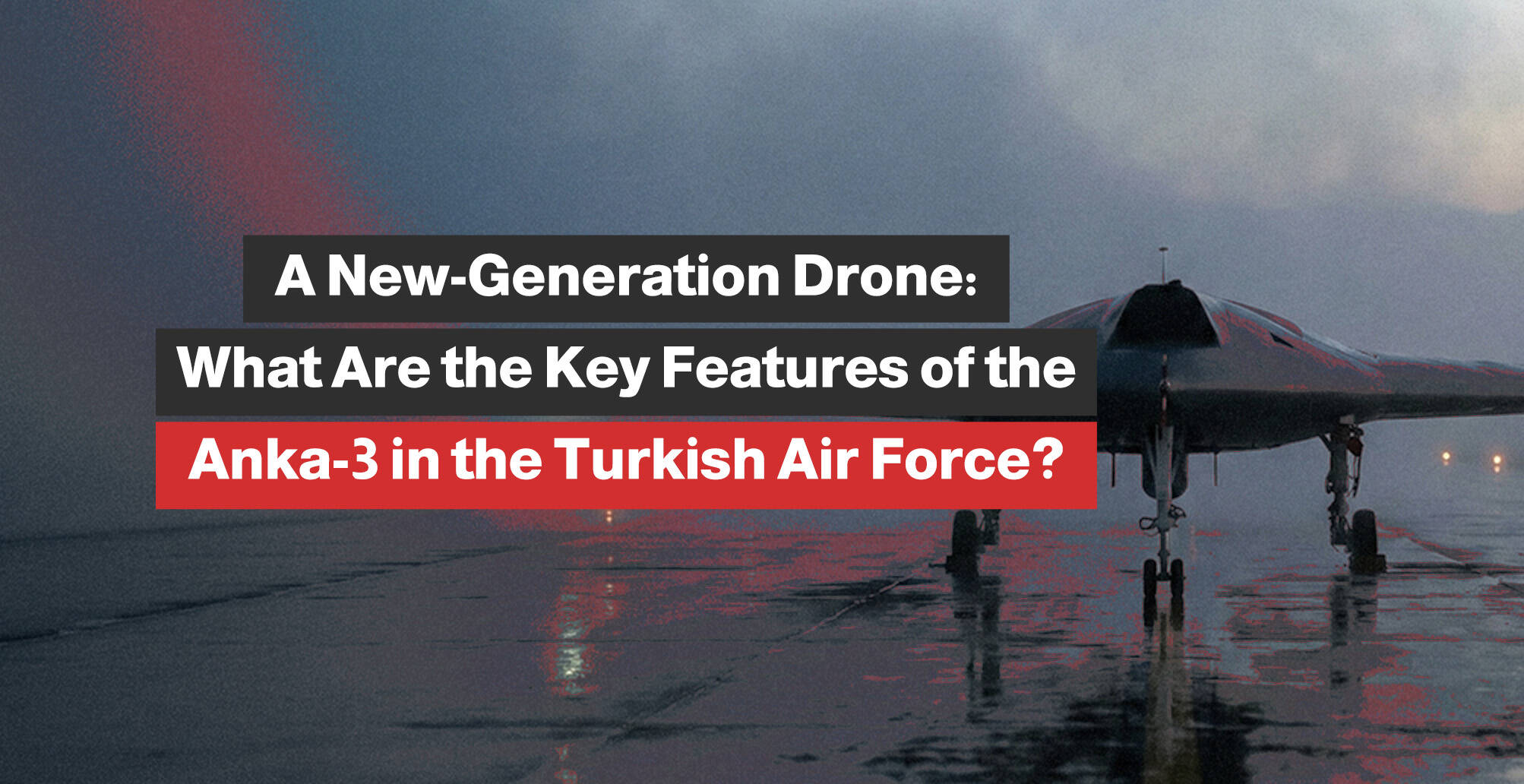This Is How the Rome Summit Against Immigration Exposed Europe’s Disdain for Human Rights

It was a remarkable and perhaps surprising development in Italian Prime Minister Giorgia Meloni’s speech that she blamed the West, which often gave the impression that it was more interested in teaching lessons than lending a helping hand, as she said in the opening speech of the Rome Conference on Migration and Development, which was hosted by the Italian capital on July 23, 2023.
Although the rise of Meloni and her party was based primarily on a far-right approach against immigration and asylum, today, she seems more inclined to hold the West responsible for arrogance in finding solutions for the tens of thousands of refugees who are flocking to the borders of southern Europe, from African countries and across the coasts of Tunisia and Libya in particular.
Contrary to her previous speeches, Meloni confirmed that the Italian government is open to receiving more individuals through legal means because Europe and Italy need immigration; but she added, “Irregular mass immigration affects us all. Nobody benefits from this, except for criminal groups that get rich at the expense of the weakest and use their power even against governments.”
It is noteworthy that Meloni had promised, during the legislative election campaign that brought her to power in 2022, to stop the arrival of immigrants to Italy. Since then, her government has obstructed the activity of humanitarian ships without succeeding in stopping the arrival of refugees.
Deep Problem
Rome station is not the first of its kind in the framework of European efforts to combat illegal immigration, but it may be the most serious and clear in adopting a new path of cooperation between countries, especially since it tried to touch the roots of the problem that extends between the poor countries and the source of immigration in the African continent and the countries of transit, as is the case with Tunisia, Libya, and the receiving countries, led by Italy and Greece, before the immigrants infiltrated deep into the European continent.
The conference was held with the participation of 20 countries, along with the President of the European Commission, Ursula von der Leyen, and the President of the European Council, Charles Michel, and in the presence of representatives of the African Union, the International Monetary Fund, the World Bank, the European Investment Bank, the United Nations Development Program and various other destinations, in the absence of France and Spain.
The recommendations of the conference revolved around improving cooperation between European and African countries, providing forms of financing to countries of origin for refugees, combating networks of people smuggling across the seas, and promising to organize a soon donors’ conference on immigration.
Sharing the burdens of immigration and asylum represented a major challenge for the European Union countries to regulate the immigration process, in light of the refusal of countries such as Poland and Hungary, on June 30, 2023, to set a specific percentage of immigrants for each country in the bloc and oblige it to pay €20,000 annually for each refugee or immigrant it refused to receive from its prescribed share.
Whereas the agreement with neighboring countries and Middle Eastern and African countries is an escape from the primary responsibility of distributing burdens in Europe, and addressing the fundamental challenges facing immigrant countries, in addition to the divergence of political positions between the countries of the Union, which stems from the goal of stopping immigration on national and religious grounds in light of the rise of the far-right currents.
Despite Rome’s efforts to address the crisis of irregular migration, the proposed solutions, despite their importance, remain partial, mainly aiming at the security treatment of the phenomenon of irregular migration and confronting the networks based on that trade.
However, it did not provide a comprehensive vision of the partnership between the countries of the Mediterranean Basin and the countries of Africa and the Arab Gulf on the basis of a comprehensive strategic partnership that guarantees a reduction in flows from their source in light of the exacerbation of some conflicts from Africa to Ukraine.
In addition to the discrepancies in European positions between restricting or regulating immigration, then the divergence of commitments will create a degree of inconsistency in their implementation and a review of the volume of regular immigration.
Perhaps it is remarkable that countries such as France and Spain did not attend the summit in light of the tensions that prevailed in relations between Rome and Paris in the wake of the criticism of the French Interior Minister Gerald Darmanin of the Italian policy in dealing with immigration in light of the increasing influx of immigrants on his country’s southern borders.
It is criticism based on ideological grounds in light of Meloni’s leadership of the European far-right movement represented by the European Reformist Conservative Party and its parties at the national level, such as the National Rally in France and the Vox Party in Spain.
The Rome Conference witnessed a lot of good intentions and powerful speeches, but international human rights organizations fear that the actual implementation will only include those repressive measures, clamping down on refugees, criminalizing rescue teams, and doubling bilateral deals with countries of departure and transit, where corruption and tyranny are rampant.
Before the start of the summit, 27 non-governmental and human rights organizations called on the Italian government to stop dealing with the governments of North African countries in the immigration file, especially Libya, Egypt, and Tunisia, given the human rights record in each of them.
In a joint letter to the Italian PM, Giorgia Meloni, the organizations called on the organizations to consider the repercussions of concluding strategic partnerships related to controlling illegal migration flows with the authoritarian regimes in North Africa, where crimes against humanity are committed against migrants and refugees.
Organizations including Human Rights Watch, Amnesty International Italy, the West African Human Rights Defenders Network, and the Italian Society for Migration Medicine have also called for an end to EU complicity in human rights abuses committed in these countries.

Serious Violations
The Rome conference came a week after the European Union signed a strategic partnership agreement with Tunisia, one of the active hotspots for illegal immigrant boats to Europe.
The agreement was signed by Italian Prime Minister Giorgia Meloni, Dutch Prime Minister and President of the European Commission Ursula von der Leyen, and Tunisian President Kais Saied on July 16.
The European Union pledged up to €1 billion to support the Tunisian economy, with €100 million allocated to combat illegal immigration.
On her part, European Commission President Ursula von der Leyen said, “We are teaming up to build strong, lasting, and mutually beneficial partnerships for economic and human development. Together we can manage migration better.”
It added, “To guarantee protection to those in need in countries of transit or destination, we need to break the cynical business model of smugglers and prevent the exploitation of human suffering.”
Today countries of Europe, Africa and the Middle East are in Rome to turn challenges into opportunities.
— Ursula von der Leyen (@vonderleyen) July 23, 2023
We are teaming up to build strong, lasting and mutually beneficial partnerships for economic and human development across the Mediterranean.
https://t.co/HxTcCFVJqE
On the other hand, Human Rights Watch described the deal concluded by the EU with Tunisia to combat irregular immigration as a further decline and contradicts human rights.
It considered, “The deal pays lip service to human rights without acknowledging, let alone addressing, the serious abuses against black African migrants by the Tunisian authorities. It also does not stipulate any legal conditions.”
It stressed that making the deal completely contradicts the human rights approach to immigration and asylum, which shows that Europe has not learned the lesson from its complicity in the egregious abuses against migrants in Libya, indicating an intent to repeat the deal with other countries in the region, especially Egypt and Morocco.
A few days ago, the United Nations denounced the immigration bill approved by the British Parliament, stressing that the clause preventing immigrants who arrived in the United Kingdom illegally from seeking asylum there contradicts international law.

Criticisms of Europe
According to observers, there are many major differences between European countries regarding joint and European management of the irregular immigration file.
Major European countries, such as Germany, have reservations about the details of the deal that the European Union recently concluded with Tunisia based on their interest in linking any deal with human rights issues, which was not present in the first draft of this deal.
In a related context, The Guardian published a report on June 26, in which it dealt with the criticism faced by the EU because of its attempt to whitewash the Tunisian President Kais Saied in the hope that he would be able to stop the flow of illegal immigrants who infiltrate Europe through the coasts of his country.
The report stated that the imprisoned children and families of Tunisian judges and politicians accuse the EU of betraying the values it embraces by whitewashing the Saied regime.
Despite the practices of blurring the features of democracy carried out by the Kais Saied government over the past two years, the EU decided to grant Tunisia financial aid.
Opponents of this aid believe that the money of taxpayers in Europe may be used to provide assistance to Tunisia in its economic crisis without conditions related to human rights, in addition to the possibility that European money will strengthen Saied’s position in his current battle with the International Monetary Fund, which aims to ease the conditions imposed on him by the Fund in return for granting him a loan of $1.9 billion.

Illegal immigration flows are one of the most prominent challenges facing the European bloc, and the European Border and Coast Guard Agency, Frontex, expected last May that the European Union would witness this year a new record of those seeking to reach its borders through illegal means.
The agency recorded the arrival of around 330,000 irregular immigrants to the EU through all routes last year, the highest number since 2016.
During the first half of this year, about 2,000 immigrants, including 289 children, drowned in the Mediterranean, compared to about 1,400 during the same period in 2022, according to the International Organization for Migration (IOM).
But in all, more than 20,000 deaths have been recorded since 2014, while about 300,000 people have been rescued since 2015 while trying to cross the Mediterranean, according to Frontex.
Italy is witnessing a rise in immigration rates, as about 83,400 people have come ashore so far this year, compared with almost 34,000 in 2022.
Sources
- The EU has revealed its blueprint to curb migration
- Memorandum of understanding on a strategic and comprehensive partnership between the European Union and Tunisia
- Rome’s Anti-Migration Summit Exposes Europe’s Growing Disregard for Rights
- NGOs' Letter to the Italian Prime Minister: End Support for Authoritarian MENA Governments and Uphold Human Rights
- EU accused of whitewashing Tunisian regime in bid to stem migration



